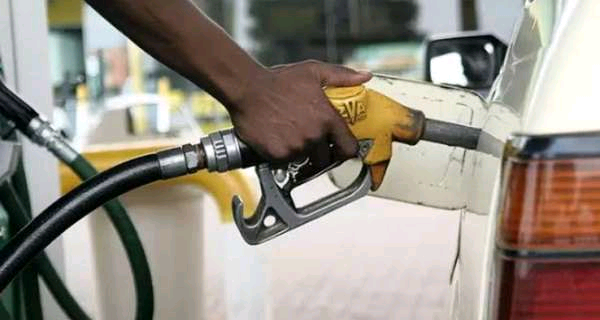In a stark revelation, the World Bank has cautioned that the Federal Government of Nigeria may still be shouldering the burden of fuel subsidy, as current petrol prices in the country do not align with cost-reflective levels. According to the bank’s Lead Economist for Nigeria, Alex Sienaert, petrol should ideally be priced at around N750 per litre, a significant increase from the current rate of N650 per litre paid by Nigerians.
This revelation emerged during Sienaert’s presentation of the Nigeria Development Update, December 2023 edition, themed ‘Turning The Corner (from reforms and renewed hope, to results),’ in a hybrid event held on Wednesday in Abuja. Sienaert pointed out that the apparent disparity in petrol prices suggests a potential resurgence of the fuel subsidy, especially when considering the cost-reflective nature of the commodity.
He remarked, “It does seem like petrol prices are not fully adjusting to market conditions so that hints at the partial return of the subsidy if we estimate what is the cost reflective of retail PMS price would be and assuming that importation is done at the official FX rate. Of course, the liberalisation is happening with the parallel rates, which is the main supplier; the price would be even higher. These are just estimates to give you a sense of what cost-reflective pricing most likely looks like. We think the price of petrol should be around N750 per litre more than the N650 per litre currently paid by Nigerians.”
Sienaert emphasized that the World Bank recommends the government to take additional measures to secure the benefits of its bold reforms. This underscores the importance of aligning petrol prices with market conditions to ensure fiscal sustainability and effective implementation of economic policies.










